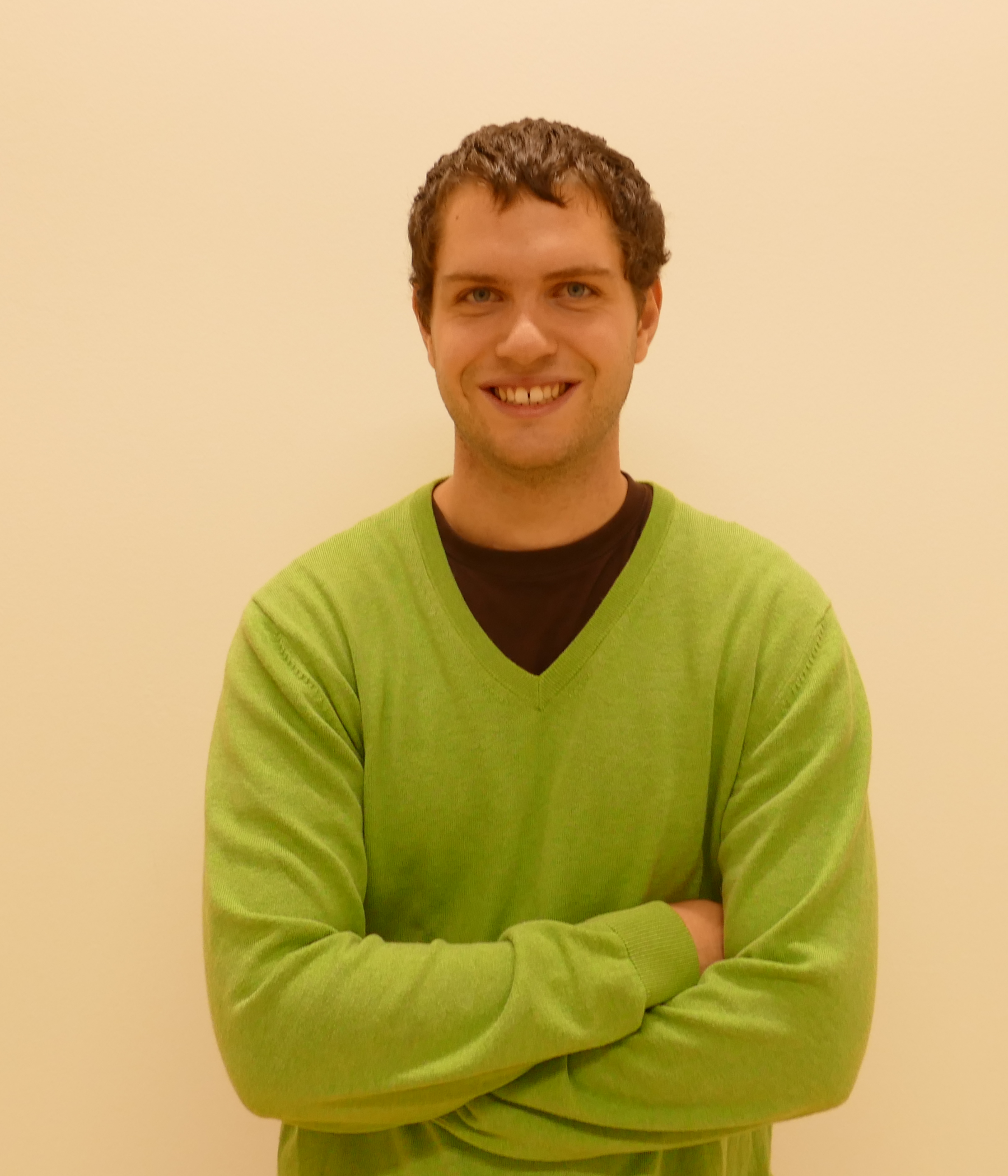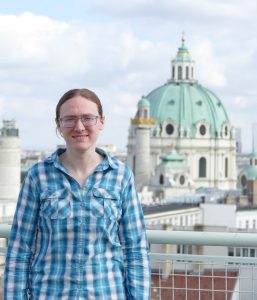
Dr. Laura Mears
My scientific interests have always been at interfaces. I obtained my undergraduate degree from Durham University, UK, jointly in Chemistry and Physics, starting my research career examining the surface of polymer films. My PhD at the University of Bristol, UK, was in the confinement and adsorption of various types of liquid crystal. I continue to enjoy applying the skills I developed during my PhD to analyse materials, in particular neutron and X-ray scattering techniques. I have continued to pick up new areas of expertise during my postdoctoral positions at the University of Liverpool, UK and here at TU Wien, including (but not limited to) electrochemical techniques, surface forces apparatus and quartz crystal microbalance. I am keen to collaborate with researchers from different disciplines and currently enjoy working on topics as diverse as lipids, adhesive hydrogels and corrosion protection coatings.
Dr. Alper Tunga Celebi
Dr. Celebi is a senior researcher, working as a modelling and simulation expert of the AIP group. He uses simulation techniques at different time- and length-scales such as molecular dynamics, Monte Carlo, density functional theory, and finite element analysis. He received his PhD in mechanical engineering from Southern Methodist University, US. His PhD thesis aimed to explore liquid transport in nano-scale confinements using molecular simulations. After his PhD, he worked as a postdoctoral researcher at Engineering Thermodynamics, TU Delft in Netherlands, focusing on the design, development and characterization of green solvents such as ionic liquids and deep eutectic solvents. Here at TU Wien, he uses simulations to complement the experimental studies in the group as well as to provide molecular insights to the novel systems, where experiment is difficult and costly. His research in TU Wien focuses on the surface and interface science including adsorption at interfaces, transport in nanochannels, coatings, adhesion, friction and so forth.
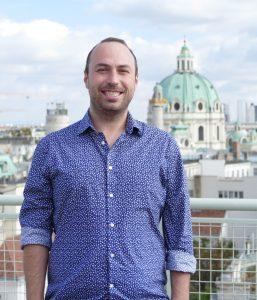

Dr. Pierluigi Bilotto
In August 2021 Dr. Bilotto received his PhD in natural science at Vienna University of Technology on developing model systems to elucidate short range interaction mechanisms at complex solid-liquid interfaces, including specific and non-specific interactions. He is an expert in force probe techniques, including atomic force microscopy and surface forces apparatus. Starting from September 2021 Dr. Bilotto is a senior researcher at the Centre for Electrochemistry and Surface Technology in the department of Functional surfaces and interfaces. The main research area of interest relates to adhesion, friction, and molecular forces of soft matter in confinement and interacting with electrolytes. In addition, he is participating in project on two-dimensional materials such as graphene and MXenes (GRAPHICING, Hard2D), while he continues a close collaboration with the AIP group via several shared projects on the fading effect in UV dosimeters (Sunshine), hydrogen embrittlement (HHunt II), and surface nanobubbles (CleanWaferPro).
Dr. Christian Pichler
Christian Pichler obtained his education and professional training at TU Graz (PhD awarded 2018). For his PhD project he joined the group of Prof. Ferdi Schüth at the Max Planck Institute for Kohlenforschung. From 2019-2021 Christian joined the group of Prof. Erwin Reisner in Cambridge with a Schrödinger fellowship. He is interested in heterogeneous catalysis, biomass conversion and electrocatalysis. Since October 2021 Christian joined the TU Vienna and the CEST, to find ways for the electrochemical utilization of waste feeds (e.g., CO2, plastic waste) and developing advanced electrode materials.
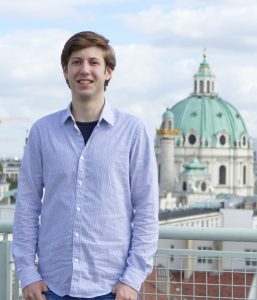
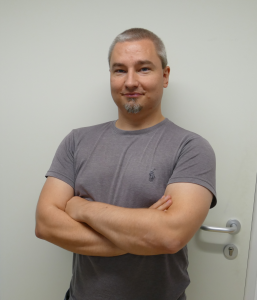
Dr. Kai Schwenzfeier
Dr. Kai Schwenzfeier studied chemistry in Ruhr-Universität Bochum, Germany and finished his doctorate of technical sciences at Vienna University of Technology in cooperation with the International Max Planck Research School for Surface and Interface Engineering in Advanced Material (IMPRS-SurMat) of the Max Planck Institute for Iron Research in April 2022.He is an expert in method development ranging from machine design to development of controlling and analysis software. The main focus is on optical methods, nano metrology, and drift compensation. Starting from May 2022, Dr. Schwenzfeier is a senior researcher at the Centre for Electrochemistry and Surface Technology where he participates in projects to design a device for corrosion detection in structural parts of airplanes using AI analysis of ultrasound and electrochemistry sensors (AICorrSens), and to improve the understanding of etching processes on silica for semiconductor industry using various simulation techniques (WetCleanSIM).
Dr. Soniya Gahlawat
Dr. Soniya Gahlawat is a postdoc in our group. She received her PhD from Indian institute of Technology, Delhi, in 2021. She was a recipient of DAAD bi-nationally supervised doctoral degree program funding and completed her PhD partially from Institute for solar fuels, Helmholtz Zentrum Berlin. During her PhD, she specialized in (Photo)electrochemistry and material science. Her expertise includes synthesis of metal-oxide thin films, investigating their properties using characterization techniques and defect engineering to enhance their efficiency for green hydrogen production. In May 2022, she joined CEST as a postdoc and started working for ELSA project. Her current research interest includes the development of novel materials for hydrogen production, CO2 reduction, investigating the stability of materials and understanding the solid/liquid interface to improve the efficiency for energy conversion applications.
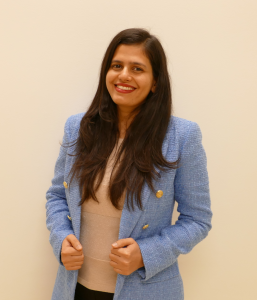
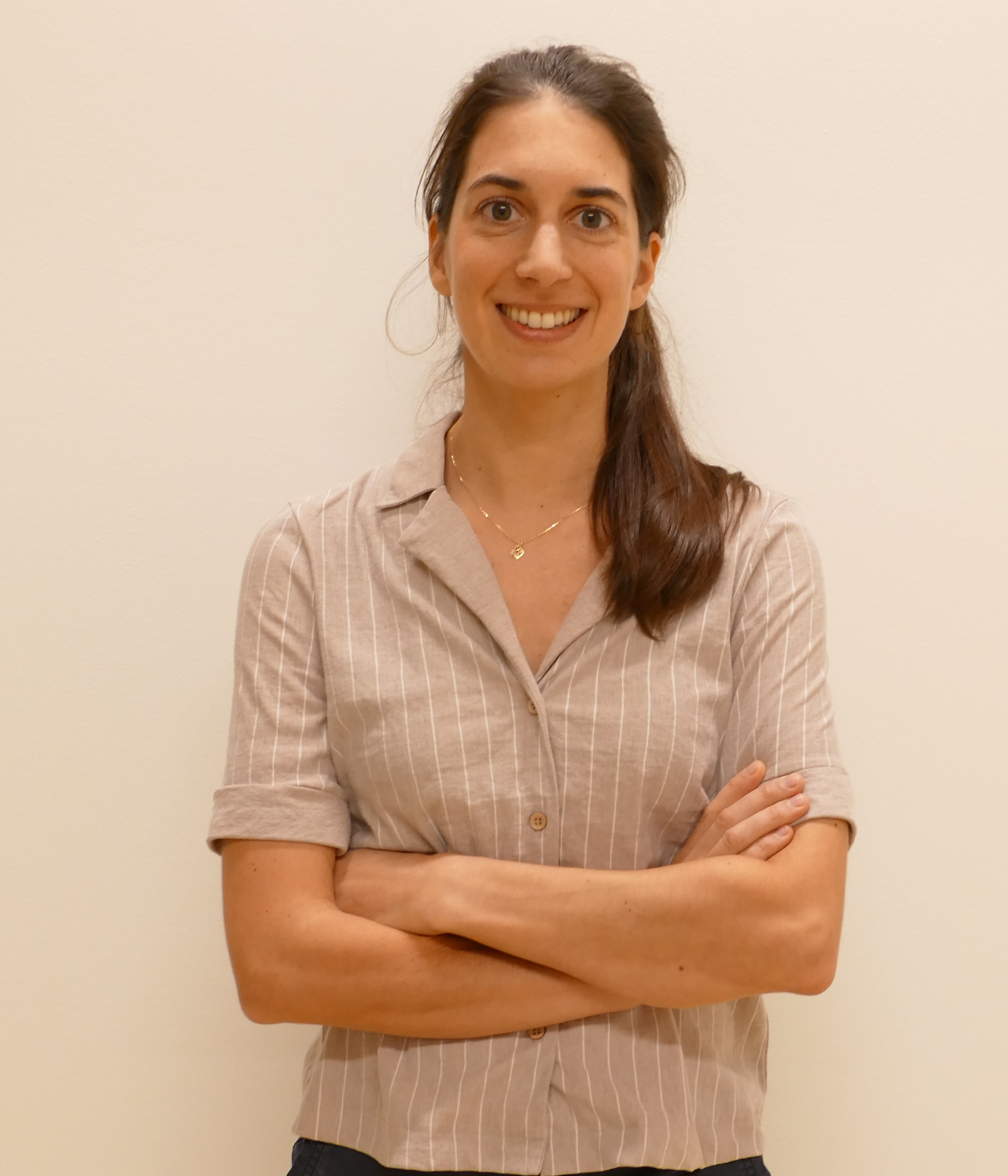
Julia Appenroth
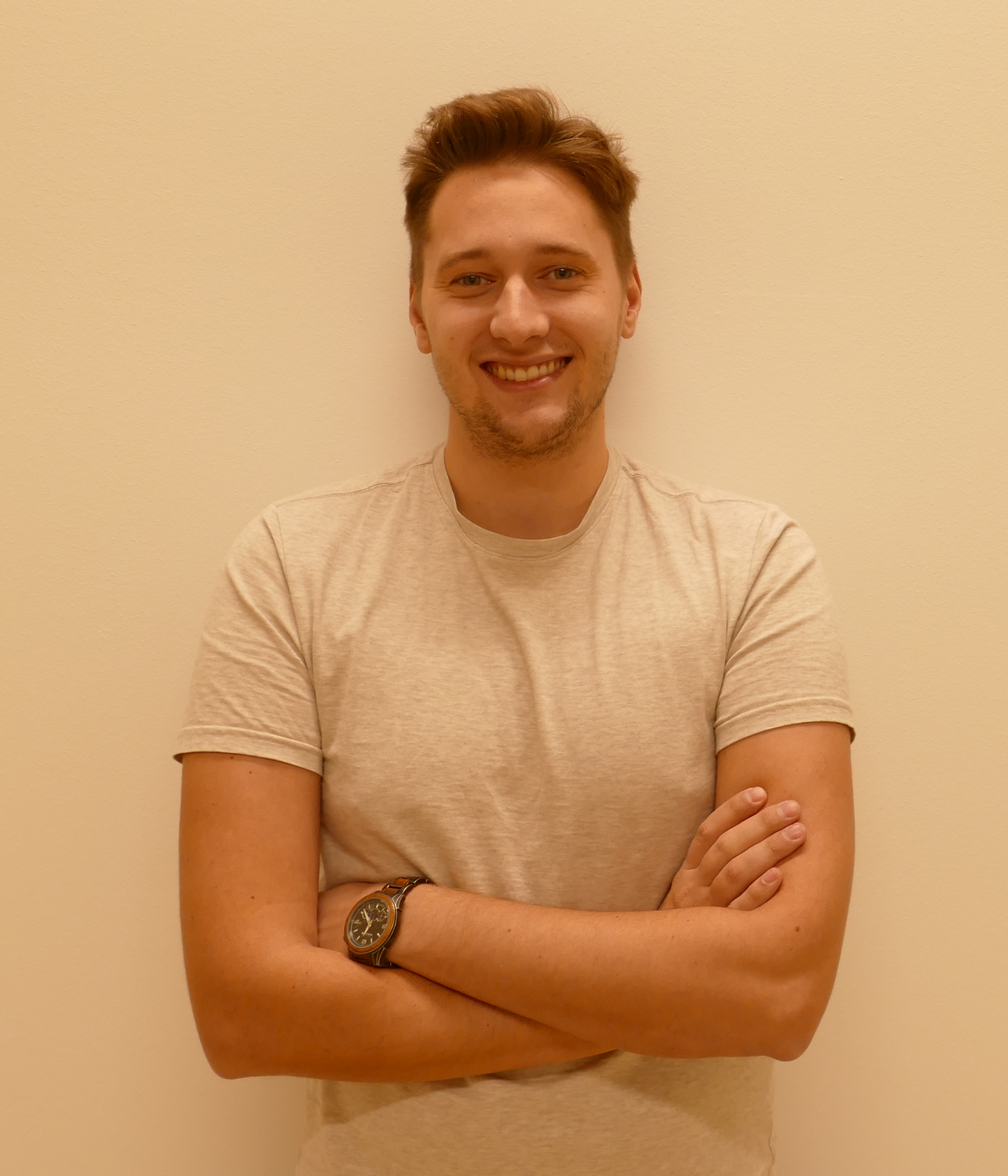
Lukas Kalchgruber
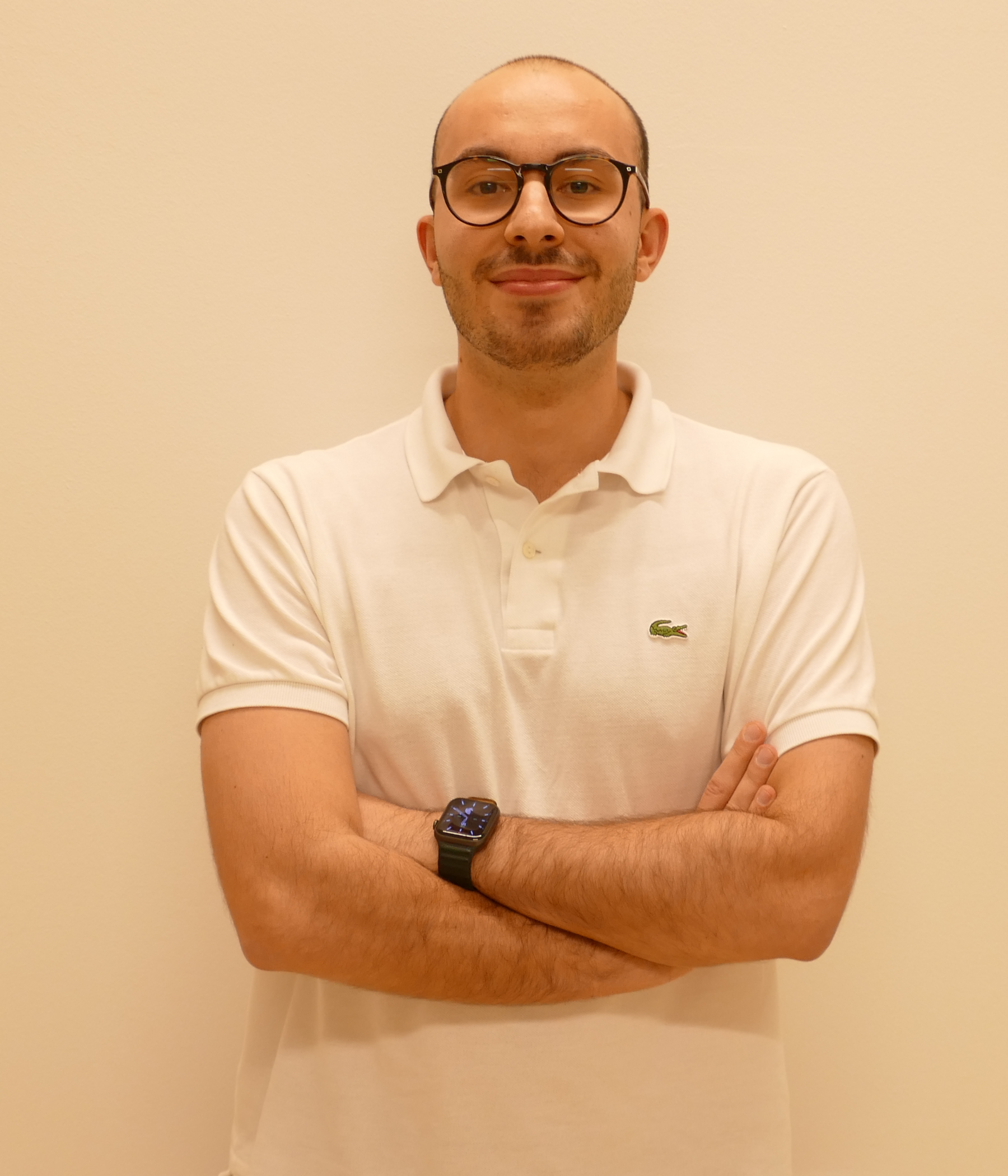
Matteo Olgiati
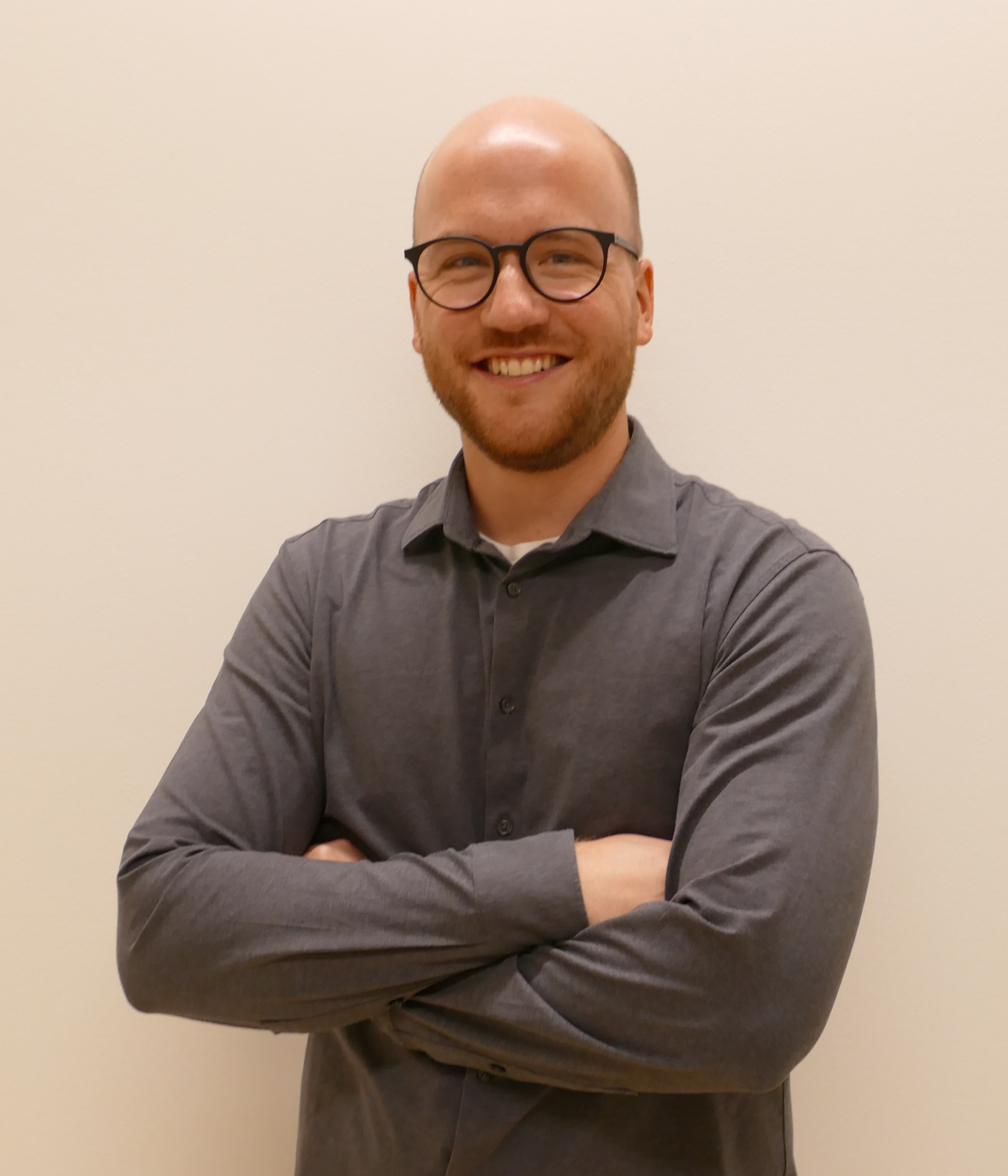
Florian Feldmann
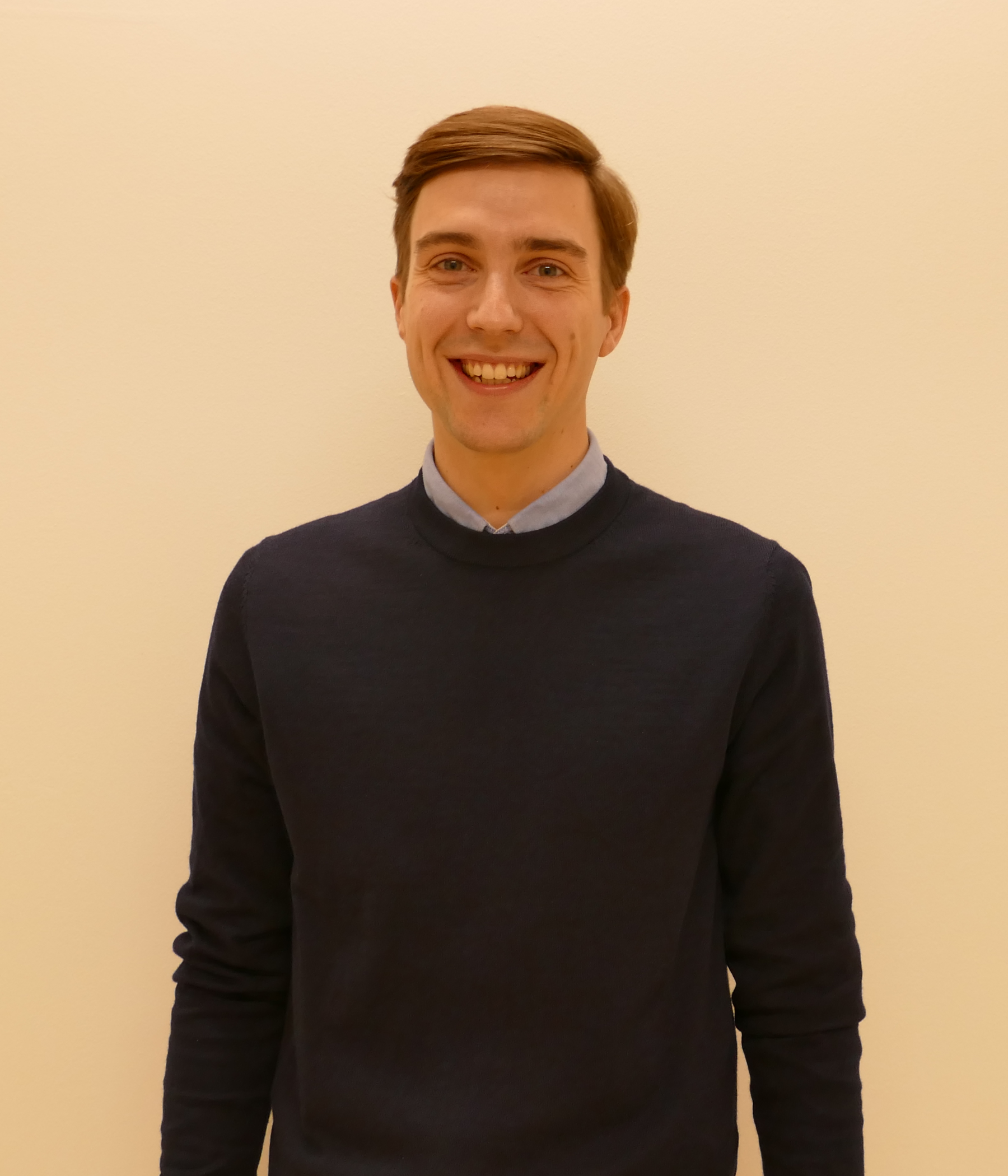
Matthias Kogler
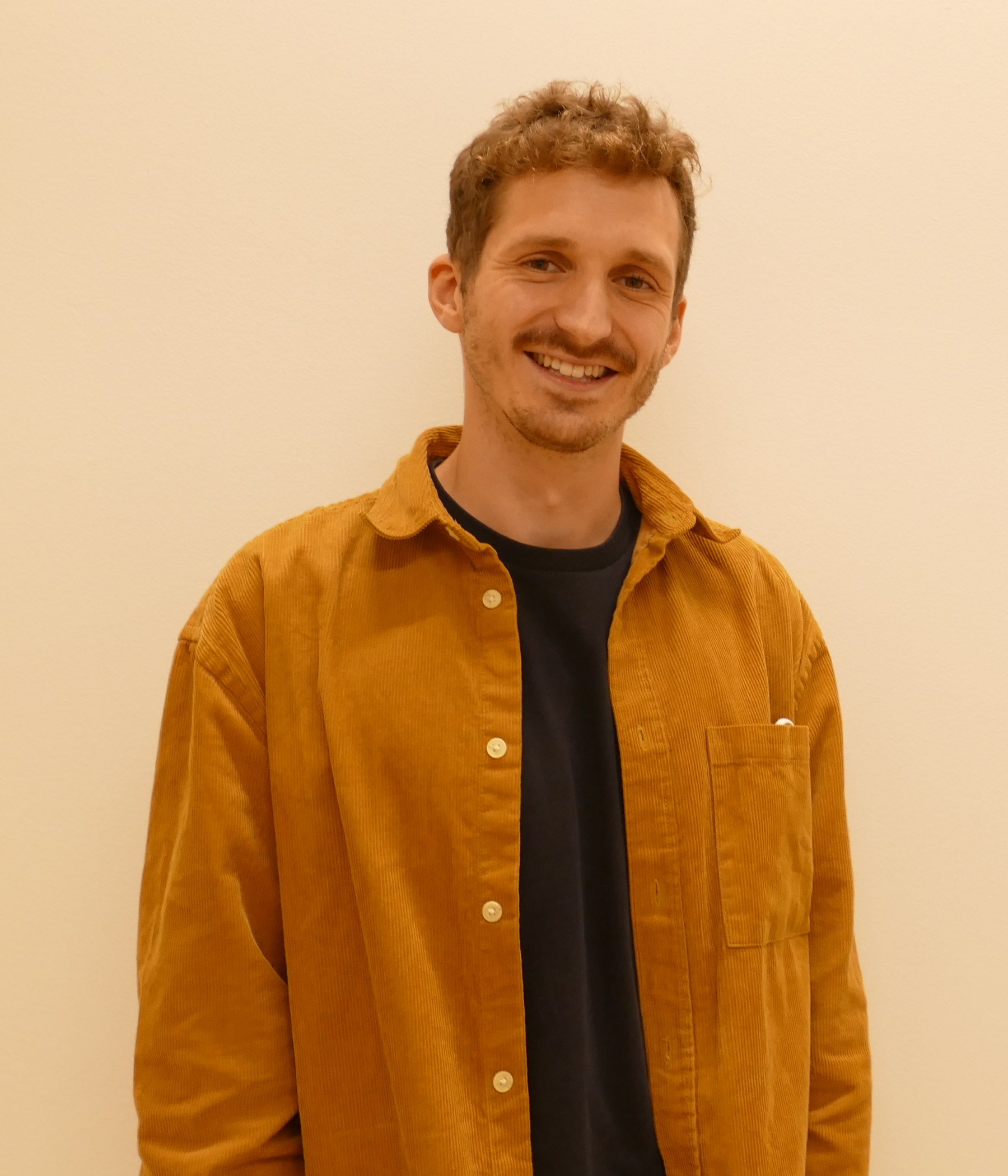
Florian Altmann
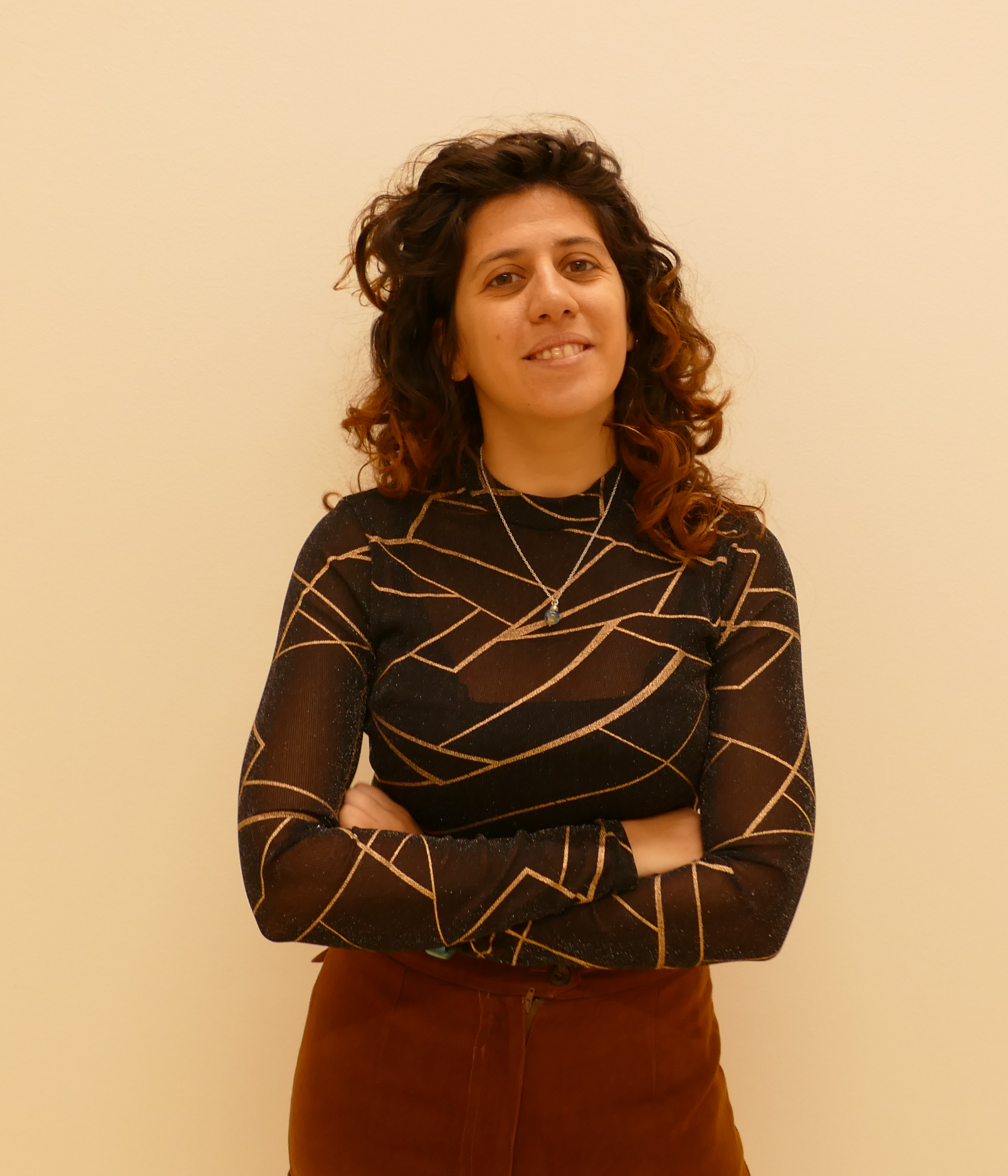
Daniela Miano
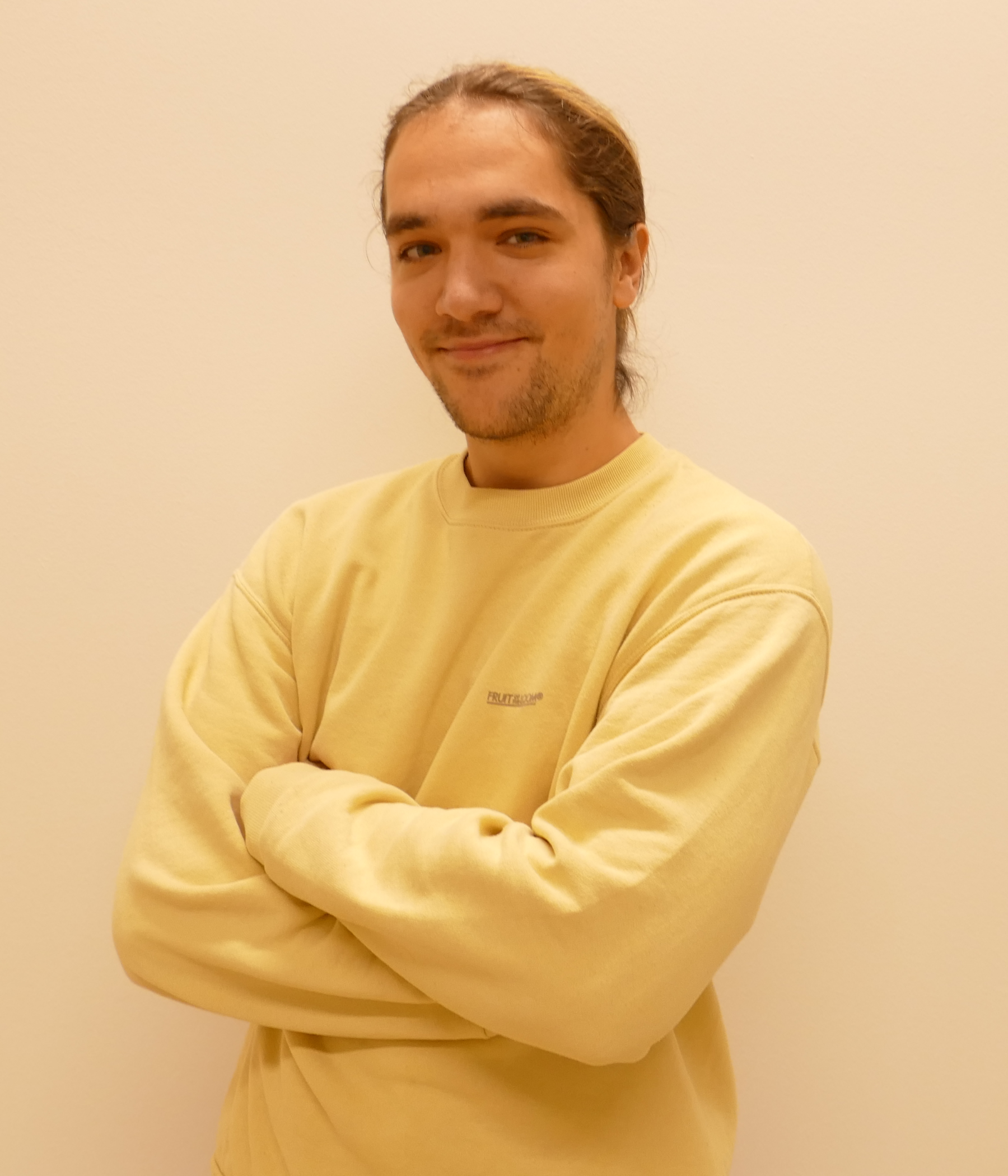
Iago Peters
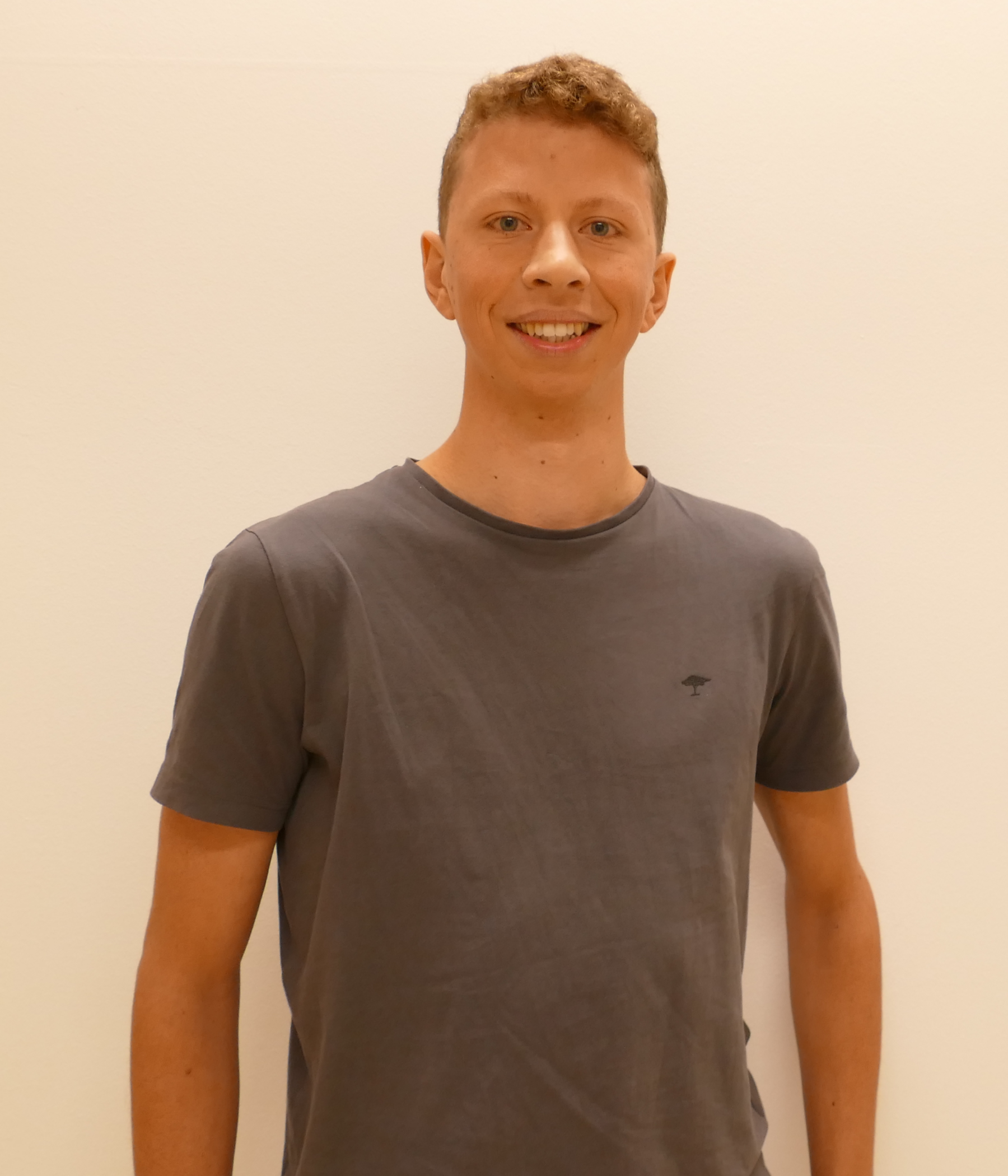
Julian Pichler
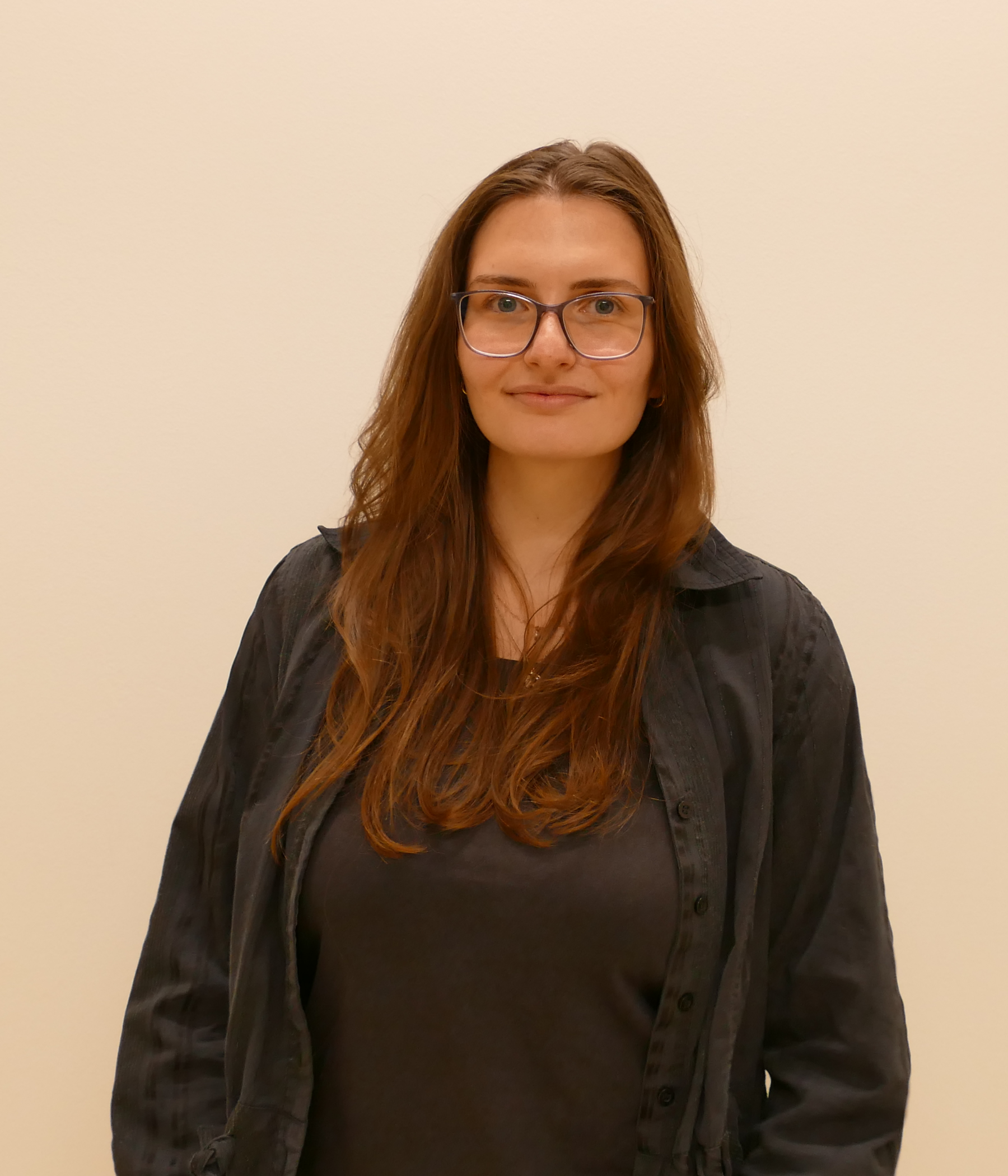
Katrin Holzfeind
